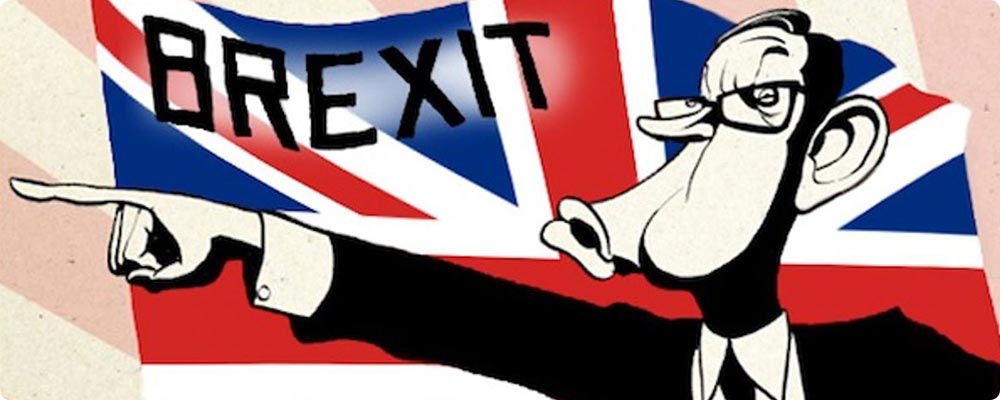Prime Offer: Save 20% Off on your preferred services! Apply Coupon: INVEST20 | Avail Offer
Prime Offer: Save 20% Off. Avail Offer
Prime Offer: Save 20% Off on your preferred services! Apply Coupon: INVEST20 | Avail Offer
Prime Offer: Save 20% Off on your preferred services! Apply Coupon: INVEST20 | Avail Offer
Prime Offer: Save 20% Off. Avail Offer
June 23, 2016
|
The United Kingdom has held the referendum for whether to remain in or leave the 28-nation European Union (EU) on 23rd June, 2016 i.e. today; the event which is termed as the most important global event of the year and is expected to have profound implications for various economies across the world. Let us have a look at the IMPACT it would have on the Indian economy:
In a nutshell, earlier, most of the Indian businesses chose to locate their European offices in the UK, to gain the ease of operating in the UK and avail the benefits of remaining in the EU. Removing this gateway would be undesirable for Indian businesses in the UK, who may then choose to relocate their offices and direct their investment elsewhere in Europe.
This might definitely cause temporary hiccups in the Indian stock market, but the bottom line is, Brexit, whether it happens or not, is not going to change the fundamentals of the companies, and the growth stories that they charted, will be continued upon no matter what happens. As a retail investor, you should look at Brexit, as an opportunity to enter into businesses, which you have yet missed, at comparatively lower valuations, as the markets will definitely bounce back when the dust settles and you can hence enjoy that rally.
Consider the following example that proves that such global events do affect emerging stock markets like India in the short run, but they in turn bounced back over the long haul. The Indian markets witnessed a heavy selloff in August 2015, when China devalued its currency Yuan, which sent shockwaves all across the globe. CNX Nifty, India’s benchmark index fell from the 8300 levels it was trading at as on 21st August, 2015 to 7800 levels in the very next trading session. It further plummeted to 7550 levels in the next couple of weeks, only to bounce back sharply to regain its former 8300 levels in the next two and a half weeks.
Retail investors, every time, tend to give too much importance to global events and forget that it is the companies that form and grow the index, and thereby the economy, and not such global events. As mentioned earlier, events like these should be looked at as an opportunity to BUY quality businesses and NOT SELL in panic and fear. Happy Investing!
